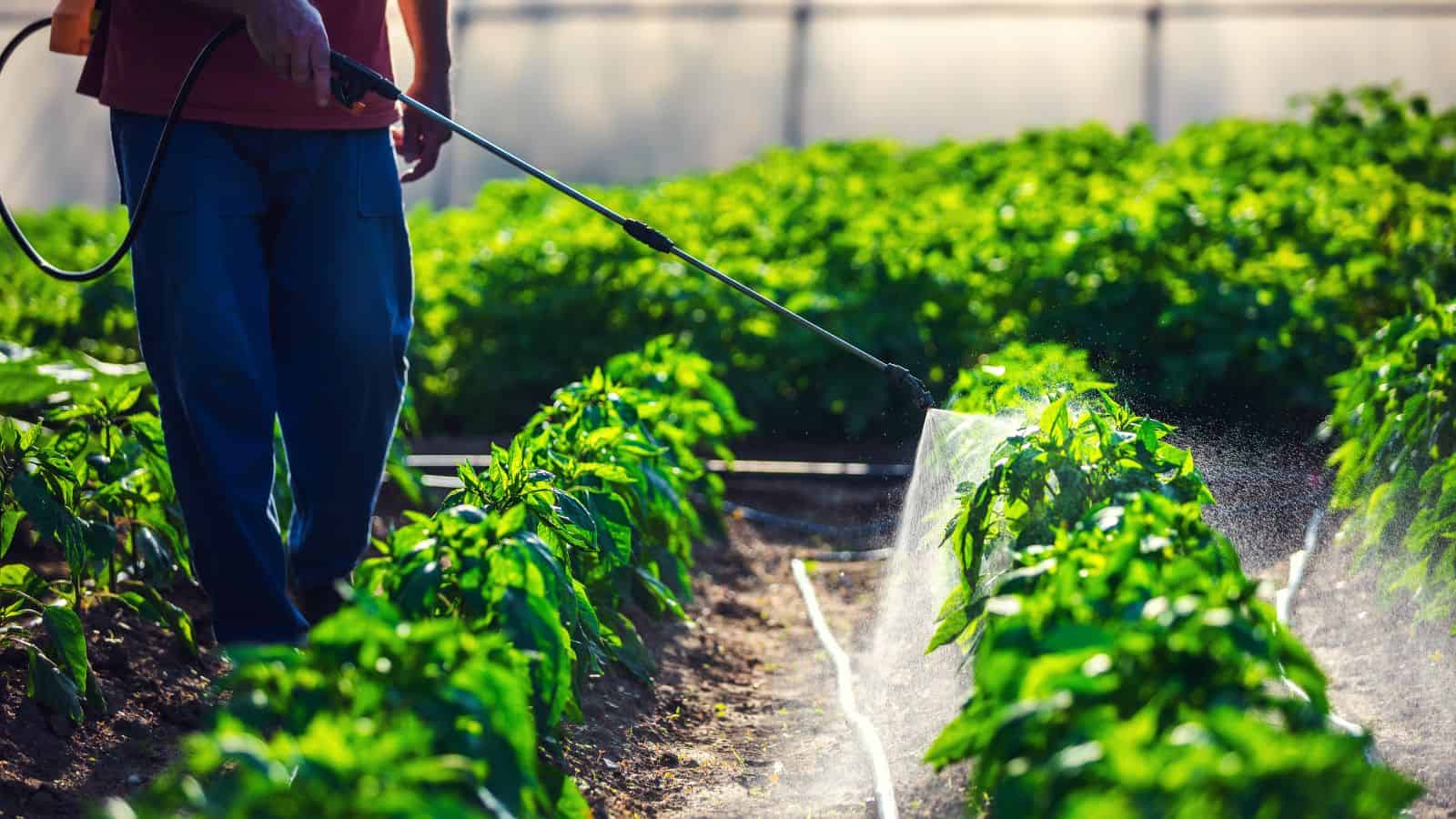Protecting your plants from pests is crucial for maintaining a healthy garden, but you don’t always need to resort to chemical pesticides. There are many natural methods that can effectively keep pests at bay while being environmentally friendly. Here’s how to protect your plants from pests naturally.

Encourage Beneficial Insects
One of the best natural pest control methods is to encourage beneficial insects that prey on harmful pests. Ladybugs, lacewings, and predatory beetles are examples of beneficial insects that can help keep your garden pest-free.
How to Attract Beneficial Insects:
- Plant Diversity: Grow a variety of plants, including flowering herbs like dill, fennel, and yarrow, which attract beneficial insects.
- Provide Habitat: Create habitats like bug hotels or leave some natural debris in your garden to provide shelter for beneficial insects.
- Avoid Pesticides: Even natural pesticides can harm beneficial insects, so use them sparingly and only when necessary.
Use Companion Planting
Companion planting involves growing certain plants together to naturally repel pests or attract beneficial insects. For example, planting marigolds alongside tomatoes can deter nematodes and other pests.
Effective Companion Plants:
- Marigolds: Repel nematodes, aphids, and whiteflies.
- Basil: Deters mosquitoes, flies, and can improve the flavor of tomatoes.
- Garlic and Chives: Repel aphids and Japanese beetles when planted near roses.
Implement Physical Barriers
Physical barriers can effectively protect plants from pests without the need for chemicals. These barriers can prevent pests from reaching your plants and causing damage.
Types of Physical Barriers:
- Row Covers: Lightweight fabric covers that protect plants from insects while allowing light, air, and water to pass through.
- Netting: Fine mesh netting can keep larger pests like birds and deer away from your plants.
- Collars: Placing collars around the base of plants can prevent cutworms and other soil-dwelling pests from reaching the stems.
Maintain Healthy Soil
Healthy soil promotes strong, resilient plants that are less susceptible to pest infestations. Regularly adding organic matter, such as compost, improves soil structure and fertility, making plants more robust and better able to resist pests.
Soil Health Tips:
- Compost: Add compost to your soil to improve nutrient content and structure.
- Crop Rotation: Rotate crops each season to prevent soil depletion and reduce the buildup of pests and diseases.
- Mulching: Use mulch to retain moisture, suppress weeds, and provide habitat for beneficial organisms.
Homemade Natural Sprays
Homemade sprays using natural ingredients can effectively deter pests without harming your plants or the environment.
Recipes for Natural Sprays:
- Soap Spray: Mix 1 tablespoon of mild liquid soap with 1 quart of water. Spray on plants to control aphids, spider mites, and whiteflies.
- Garlic Spray: Blend 2 bulbs of garlic with 1 quart of water, strain, and dilute with an additional quart of water. Spray on plants to repel a variety of pests.
- Neem Oil: Mix 2 tablespoons of neem oil with 1 gallon of water and a few drops of liquid soap. Spray on plants to control a wide range of pests, including aphids, mealybugs, and caterpillars.
Practice Regular Monitoring
Regularly inspecting your plants helps you catch pest problems early before they become severe. Look for signs of pest damage, such as holes in leaves, discolored spots, or the presence of insects.
Monitoring Tips:
- Daily Checks: Spend a few minutes each day checking your plants for signs of pests.
- Handpicking: For larger pests like caterpillars and beetles, manually remove them from your plants.
- Sticky Traps: Use yellow sticky traps to catch flying insects and monitor pest populations.
